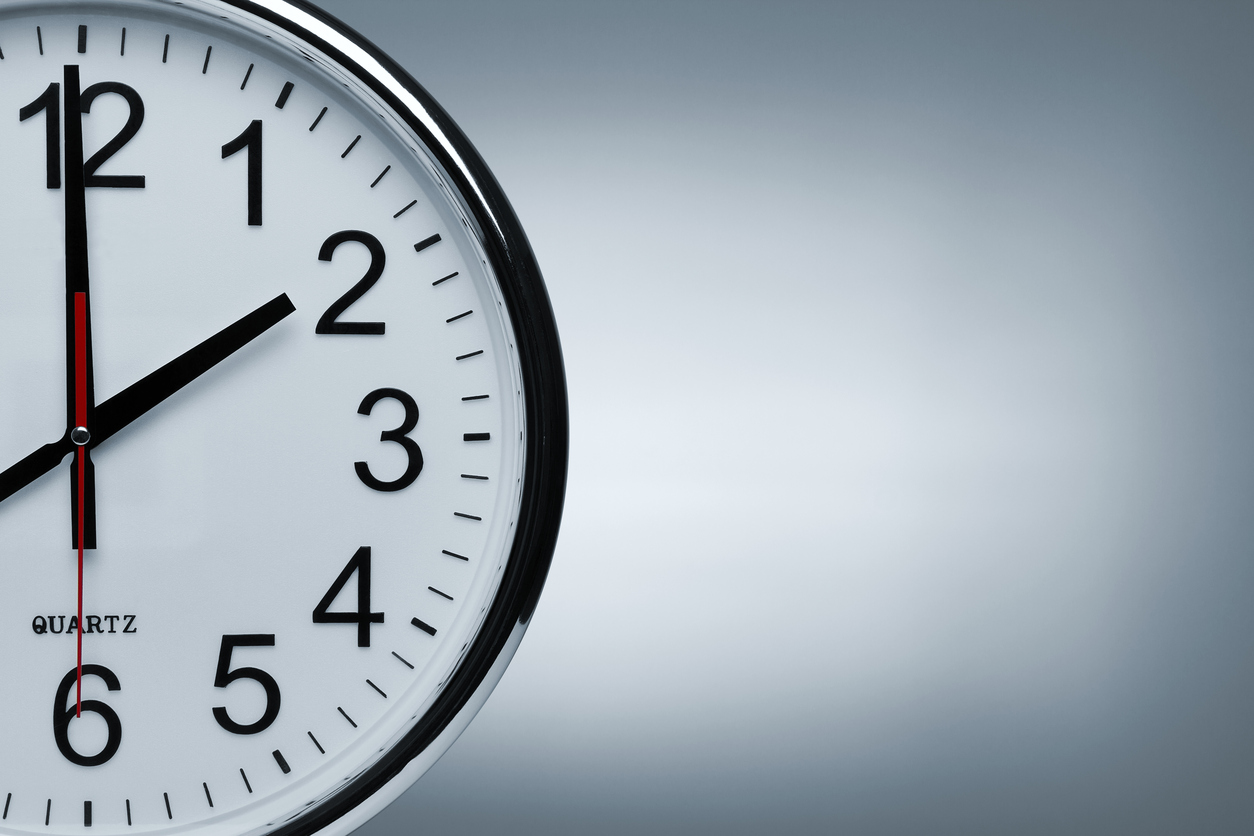It’s no secret that getting a good night’s rest is essential to your overall health and well-being. If you find yourself restless at night, your sleep patterns may be struggling. It is exhausting having to toss and turn all night, especially when your body doesn’t feel as tired as it should.
If you feel tired at the wrong times of the day and you have a tough time staying asleep at night when you most need it, you may have an imbalanced internal body clock. There are many reasons why our internal body clocks can get out of whack, and there are several methods that can restore it to a normal schedule as well. The friendly staff members at the office of Dr. Mayank Shukla have prepared some of the best tips to help you reset your internal body clock so you can get a good night’s sleep.
For more questions about your sleep schedule, asthma concerns, or regarding allergy treatment, contact the top sleep and allergy doctor in New York, Dr. Mayank Shukla.
How Does the Internal Body Clock Work?
An internal sleep clock is a biological feature that controls when you become tired and when you feel awake. It is regulated by the hypothalamus, which is what controls your circadian rhythms. While every individual is different, and may feel tired or awake at certain times, there are certainly influences which can set the internal body clock out of rhythm. While typical external clues such as the sunrise and sunset will trigger the internal clock, there are some moments where these events may not induce a response at all. At that time, it can be determined that the internal body clock has gone out of whack and needs a bit of a tune up.
Regulating Meals Can Reset the Clock
If your internal clock is off, it may be because you are eating your meals irregularly. Research has shown that when (and what) you eat can reset your sleep clock and get you on a more regular schedule.
The availability of food can change your circadian rhythms greatly. If your body thinks that the only available time to eat food is at midnight, it will stop you from feeling tired until many hours later. Try shifting your eating schedule – and your diet – to leave yourself plenty of time to feel tired afterward when you want to go to bed.
Staying Awake Can Put You to Sleep
Another viable option to resetting your internal body clock is to try to stay up for 24 hours. If you can’t sleep at bedtime, then you may spend fruitless efforts trying to toss and turn. Instead, just keep your body awake until the next bedtime. This is a great way to tire your body out and may lead to a healthy reset of your internal clock.
It is advised that you tell your doctor about this plan if you do choose to go this route. Sleep deprivation is never a positive experience and therefore should only be done under professional supervision. While it can reset your body clock, don’t force yourself to stay awake for multiple days.
Exposing Yourself to Light Can Wake You Up
As stated earlier, the external exposure to sunrises and sunsets is a great visual cue that tells your circadian rhythms when it’s time to wake up or go to sleep. If your internal clock is off, you may not be exposed to as much direct light or darkness as your body needs. Try going camping and spending a few days in the sunlight, so that you can give your body a good dose of vitamin D, which is sure to get your sleep schedule straightened out.
Sleep and Allergy Doctor in New York
If your sleep schedule is significantly off, and you feel that your physical, mental, and social health is struggling because of it, you shouldn’t wait a moment longer. It’s important to get your internal body clock back on track as fast as you can, so that you can restore your health and get the full night’s sleep that you deserve. If you have any questions or concerns, you can contact Dr. Shukla online or give us a call at (917) 935-4864 at your earliest convenience.

